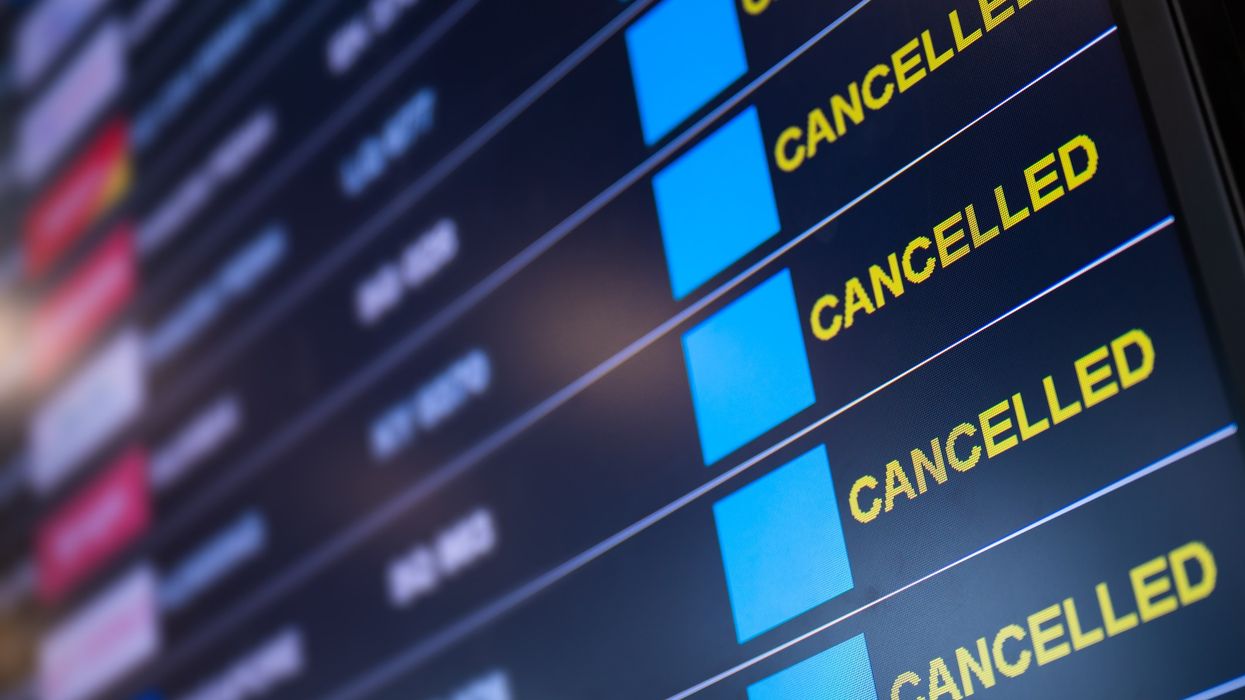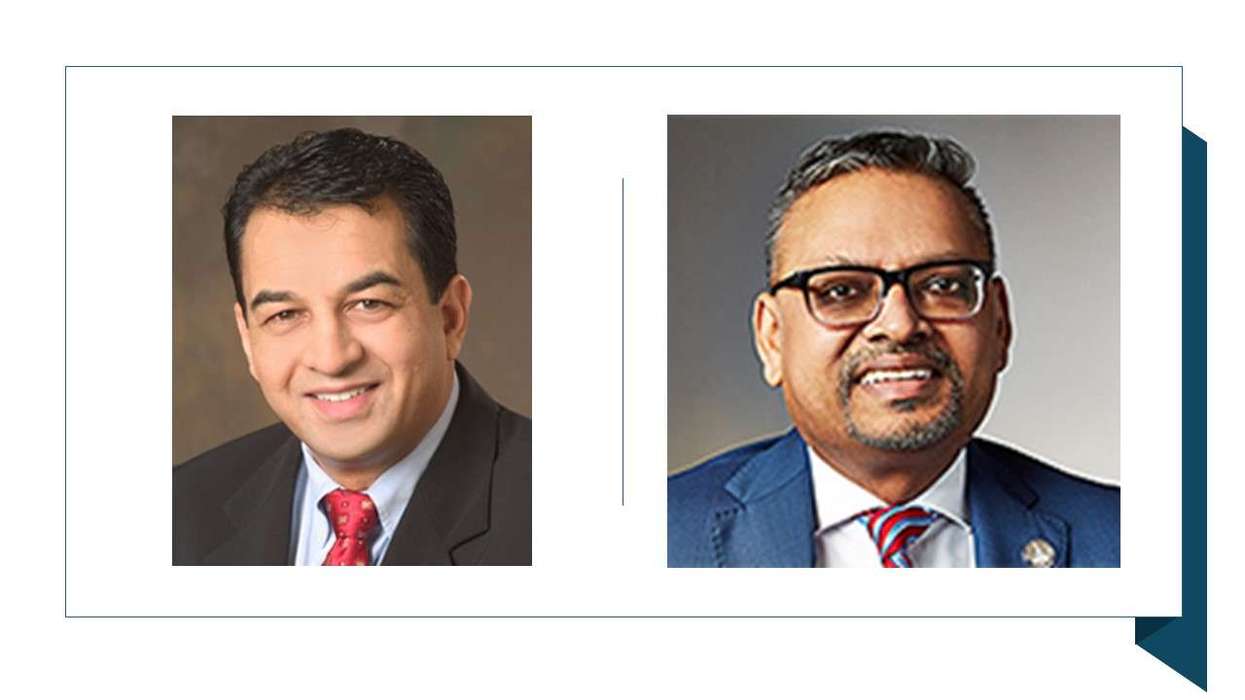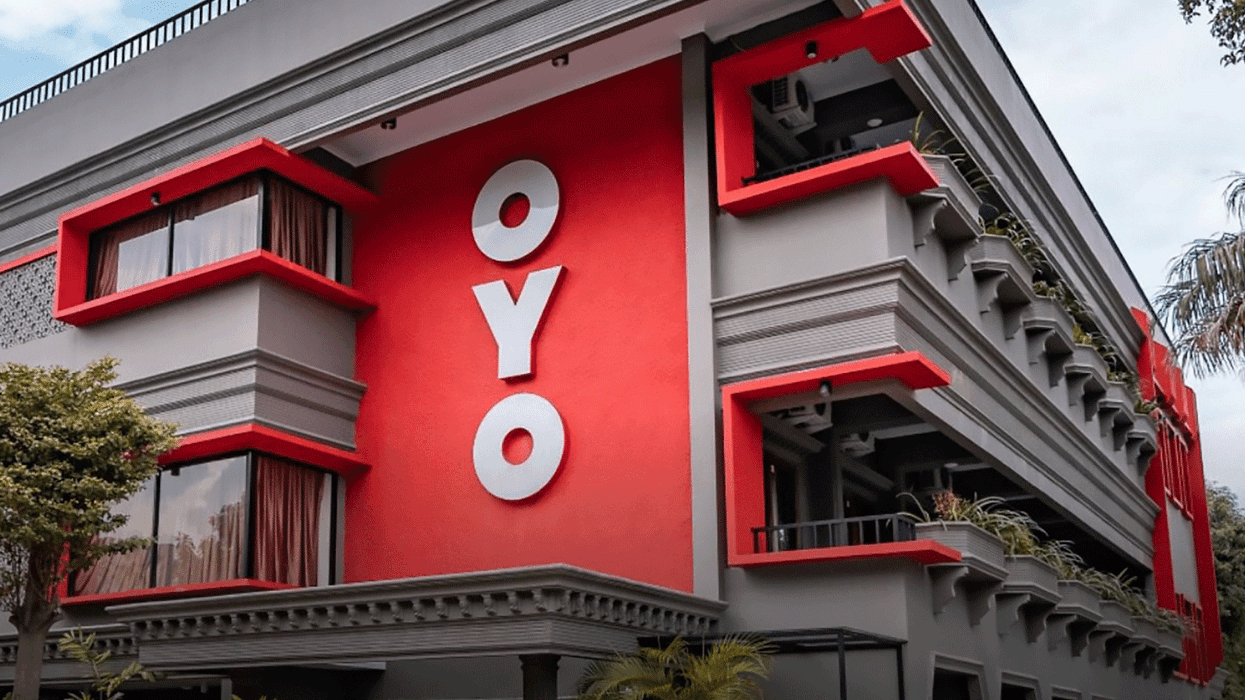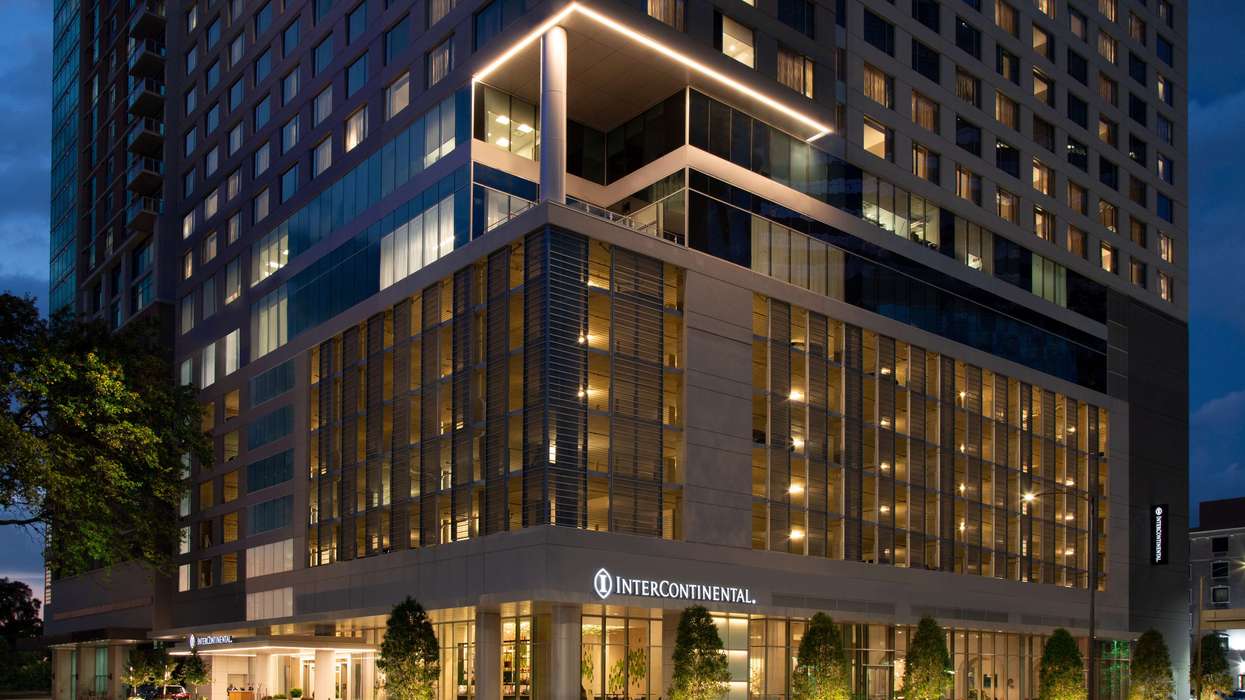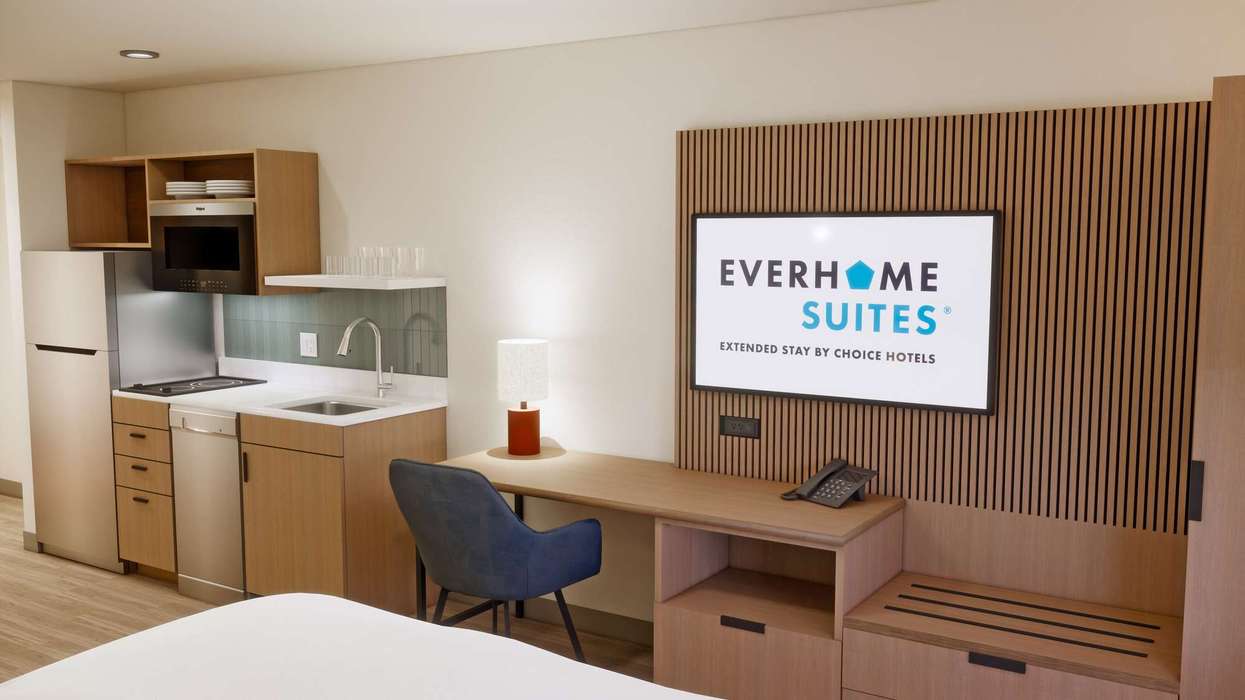THE SUDDEN SURGE in COVID-19 cases in the U.S., brought on by the Delta variant of the virus, is leading to a slowdown in leisure and business travel, according to a pair of surveys from the American Hotel & Lodging Association. The expected decline in hotel occupancy resulting from the slowdown must be met by the proposed Save Hotel Jobs Act, AHLA said.
In the most recent survey of 2,200 adults conducted Aug. 11 to 12 by Morning Consult regarding their plans for leisure travel found that 69 percent were planning to take fewer trips, 55 percent intended to postpone existing travel plans and 42 percent were likely to cancel existing plans without rescheduling. Most, 72 percent, are likely to only travel to places within driving distance.
Even though leisure travel usually begins to ebb after Labor Day, it still plays an important role for hotels throughout the year, according to AHLA. That may be even more true this year as another survey commissioned by AHLA found that about 67percent of business travelers were planning to take fewer trips, 52 percent likely to cancel existing travel plans without rescheduling and 60 percent planning to postpone existing travel plans.
The surveys’ findings emphasize the need for Congress to pass the Save Hotel Jobs Act, said Chip Rogers, president and CEO of AHLA.
“With COVID-19 cases rising and travel concerns mounting as we enter the fall and winter months, the hotel industry is at a pivotal point. Unless Congress acts, pandemic-related travel reductions will continue to threaten the livelihoods of hundreds of thousands of hotel workers,” Rogers said. “For over a year, hotel employees and small business owners across the nation have been asking Congress for direct pandemic relief. This data underscores why it’s time for Congress to act.”
The business travel survey also questioned 1,590 participants on who were likely to attend large gatherings, meetings and events. That survey found:
- 71 percent are likely to attend fewer in-person events or gatherings
- 67 percent are likely to have shorter meetings or events
- 59 percent are likely to postpone existing meetings or events until a later date
- 49 percent say they are likely to cancel existing meetings or events with no plans to reschedule
Another survey from consulting firm Deloitte projected that corporate travel is projected to remain at 30 percent of 2019 levels through the end of 2021. The forecasted dip in corporate travel would cost the hotel industry an estimated $59 billion in 2021. The results of the new AHLA surveys reverse results forecast by another Deloitte survey from June that found more Americans remained cautiously optimistic about their plans to travel over the summer.
“Hotels were already on pace to lose more business travel revenue this year than we did in 2020. And now rising COVID-19 cases threaten to further reduce the main source of revenue for our industry,” said Rogers. “Hotel employees and small business owners across the nation have been pleading for direct pandemic relief for over a year now. These results show why now is the time for Congress to listen to those calls and pass the Save Hotel Jobs Act.”
